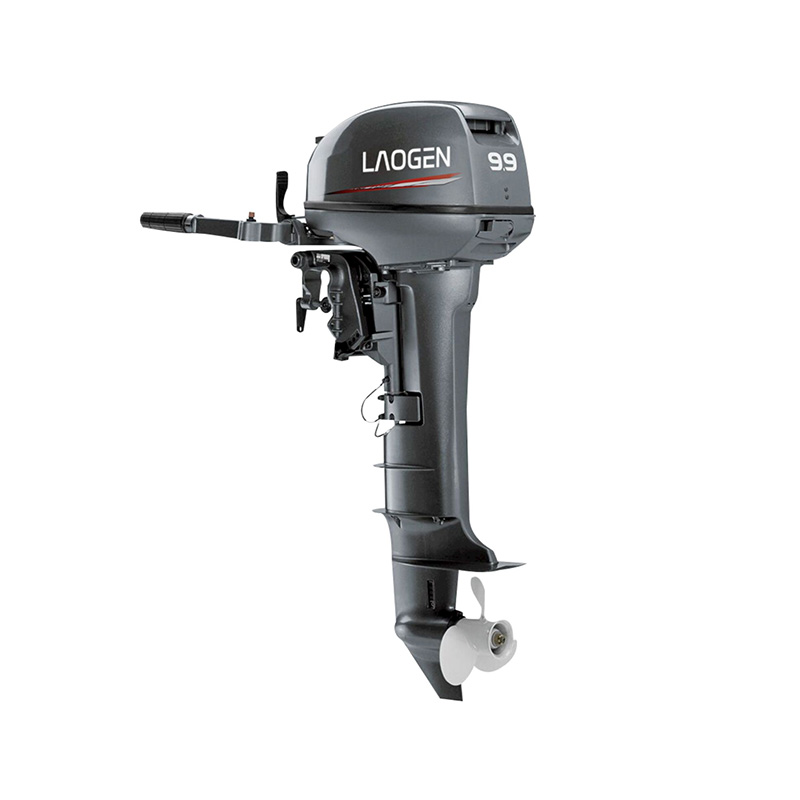Understanding Marine Outboard Engines: Types, Uses, and Classifications
Custom Marine Outboard Motor Parts Supplier
Marine outboard engines are a vital component of modern boating, providing propulsion and maneuverability for a wide range of watercraft. These engines are self-contained units that include the engine, gearbox, and propeller, all mounted on the transom of a boat. This design allows for easy installation and removal, making marine outboard engines a popular choice for recreational and commercial boating alike. The versatility of marine outboard engines is evident in their classification based on horsepower, intended use, and fuel type, which caters to the diverse needs of boaters.
When discussing marine outboard engines, one of the primary classification criteria is horsepower. The horsepower of an outboard engine can range significantly, from small models with as little as 2 horsepower to larger engines exceeding 300 horsepower. Smaller marine outboard engines are typically used for lightweight boats, such as dinghies and canoes, where maneuverability and ease of handling are essential. These engines are ideal for fishing in shallow waters or for leisurely outings on calm lakes. On the other hand, larger marine outboard engines are designed for heavier vessels, such as speedboats and larger fishing boats, where higher power is necessary to achieve greater speeds and handle rougher waters.
Another important aspect of marine outboard engines is their intended use. Different types of marine outboard engines are tailored for specific applications, including recreational boating, fishing, and commercial use. For instance, recreational marine outboard engines are often designed for speed and agility, making them suitable for water sports and leisure activities. These engines typically prioritize performance and fuel efficiency, allowing boaters to enjoy longer outings without frequent refueling. In contrast, marine outboard engines used for fishing may focus on reliability and torque, enabling them to navigate through various water conditions while carrying heavy loads of equipment and catch.
Fuel type is also a significant factor in the classification of marine outboard engines. The two primary fuel types for these engines are gasoline and diesel. Gasoline marine outboard engines are the common, known for their lighter weight and higher power-to-weight ratio. These engines are favored for recreational use due to their quick acceleration and ease of maintenance. However, advancements in technology have led to the development of more efficient gasoline engines that reduce emissions and improve fuel economy. Diesel marine outboard engines, while less common, are often used in larger vessels and commercial applications. They are known for their durability and fuel efficiency, making them suitable for long-distance travel and heavy-duty use.
In recent years, the market for marine outboard engines has seen significant advancements in technology. Manufacturers are increasingly focusing on creating engines that are not only powerful but also environmentally friendly. Innovations such as electronic fuel injection and advanced cooling systems have improved the performance and efficiency of marine outboard engines. These developments have made it possible for boaters to enjoy the benefits of high-performance engines while minimizing their environmental impact.
The popularity of marine outboard engines has also been driven by their ease of use and maintenance. Unlike inboard engines, which are typically housed within the boat's hull, marine outboard engines are easily accessible for routine maintenance and repairs. This accessibility allows boaters to perform basic upkeep without the need for specialized tools or extensive mechanical knowledge. Additionally, the ability to tilt or remove the engine when not in use helps protect it from damage and corrosion, particularly in saltwater environments.
In conclusion, marine outboard engines play a crucial role in the boating industry, offering a wide range of options to suit various needs and preferences. Their classification based on horsepower, intended use, and fuel type allows boaters to select the right engine for their specific requirements. As technology continues to advance, marine outboard engines are becoming more efficient and environmentally friendly, ensuring that they remain a popular choice for both recreational and commercial boating. Understanding the different types of marine outboard engines and their applications can help boaters make informed decisions, enhancing their overall experience on the water. With the right marine outboard engine, boaters can enjoy the freedom and excitement that comes with navigating the open waters.


 English
English русский
русский











